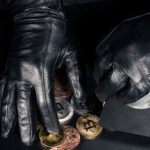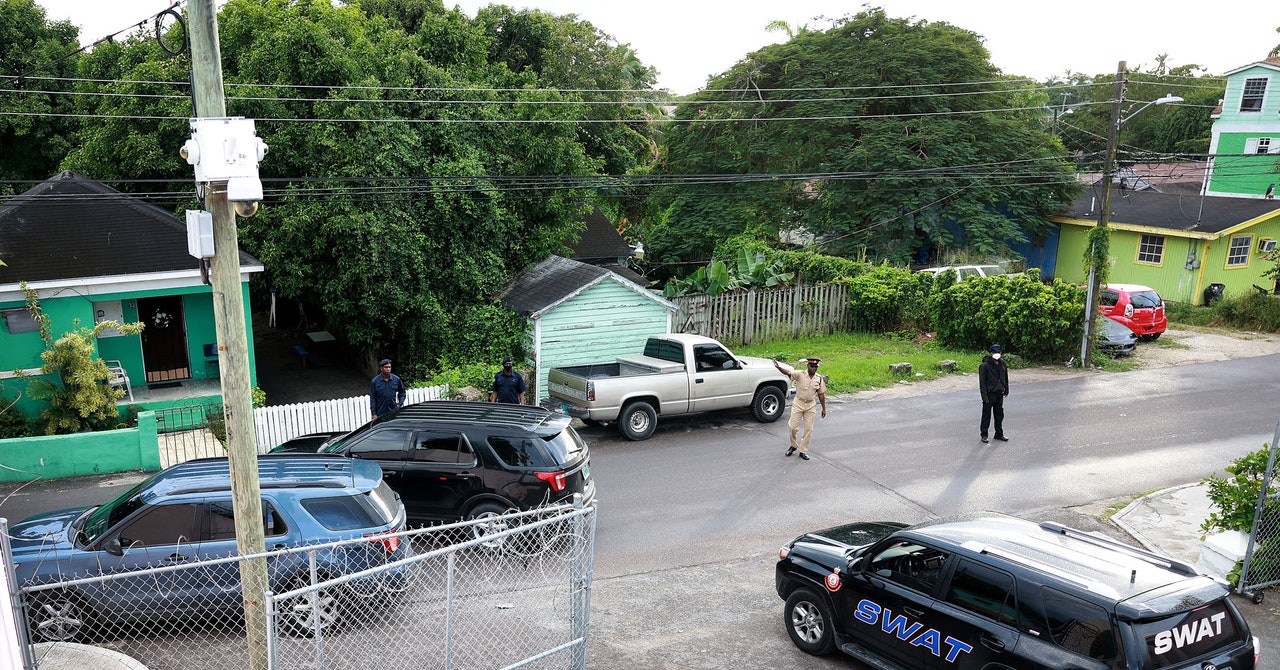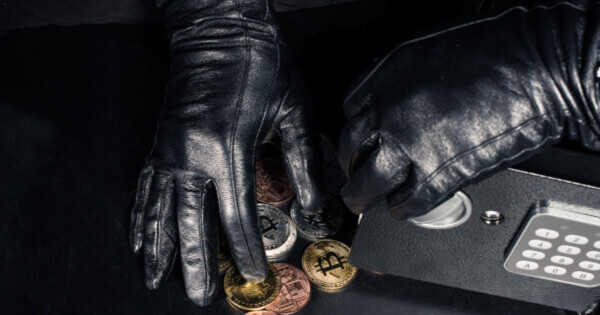Every Sunday morning, the congregation of the International Deliverance Praying Ministry gathers in front of their church, ready to be let in. It’s a modest building in the southside of Nassau, the capital of the Bahamas, on an overgrown and potholed street that floods when it rains. While they wait, a member of the church comes around to take names and write them on small, pink slips of paper. The slips are folded, tucked into a box, and later drawn into a lottery. The 30 or so people selected are given a care package of water and groceries.
In this part of Nassau, out of view of the opulent resorts and sandy beaches for which the Bahamas are known, provisions like these are scarce because money is tight. As the care packages are handed out, the congregation hollers and applauds.
Led by Bishop Lawrence Rolle, known locally as the Singing Bishop for his animated vocal displays, the church relies on donations to fund its community feeding program, which serves thousands of people each year. In early 2022, it received the largest single donation in its history: $50,000, given by cryptocurrency exchange FTX, which had set up in the Bahamas a few months earlier. This was one of tens of contributions the company made to local nonprofits around that time. “FTX was a blessing,” says Rolle. “It helped a lot of poor people.”
On October 15, Rolle began Sunday service by inviting church members to give testimony—a public profession of their faith. The speeches began steadily, with thanks to God for an act of healing or guidance, then they increased in fervor and volume to a point of climax. Some speakers threw their arms skyward, shouting “hallelujah,” while others bent double and began to convulse. A woman dressed in black stood nearby, ready to catch anyone who might fall.
A few days earlier, in Manhattan, New York, a different kind of testimony had been taken place. FTX’s founder, Sam Bankman-Fried, is standing trial on seven counts of fraud in connection with the collapse of the exchange in November 2022. The courtroom was packed for the prosecution’s star witness, Caroline Ellison, CEO of FTX’s sibling company, Alameda Research (and Bankman-Fried’s former girlfriend). FTX had spent billions of dollars on risky trades, personal loans, debt repayments, political donations, and venture bets, and on glossing the image of its founder, Ellison said. But that money—and therefore possibly the money received by Rolle’s church—had been stolen, according to Ellison. It belonged to FTX customers.
The money FTX gave to the International Deliverance Praying Ministry may be “long gone,” as Rolle puts it, but the exchange’s demise has left a lasting imprint on the Bahamas, which, deservedly or otherwise, have been tarnished by association. Locals like Rolle were left conflicted, at once grateful for FTX’s contributions, fearful someone might come asking for the money back, and appalled by the alleged theft and its implications for their country. Almost a year after the collapse, the now-infamous three-letter acronyms—SBF and FTX—are spoken aloud only reluctantly in the Bahamas; the topic has become taboo. Nevertheless, under pressure to inject life into an economy dependent on tourism and hit hard by the Covid pandemicthe government is forging ahead with its plan to attract crypto businesses to its shores.












+ There are no comments
Add yours